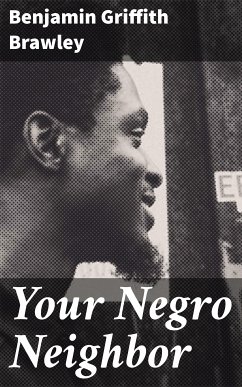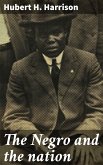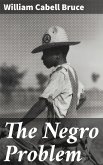In "Your Negro Neighbor," Benjamin Griffith Brawley presents a poignant exploration of the complexities of race relations in early 20th-century America. With a rich and engaging literary style that blends personal narrative, historical context, and sociopolitical analysis, Brawley creates a compelling discourse that invites readers to reflect on their own perceptions of race and community. The book is notable for its earnest examination of cultural identity and the impact of systemic racism, positioning itself within the larger context of the Harlem Renaissance, where questions of race and identity were vigorously debated. Brawley, an esteemed scholar, educator, and an early voice in African American literature, was deeply influenced by the socio-political climate of his time. A graduate of Harvard University, his academic background and firsthand experiences with racial inequality inspired his critical perspectives on societal constructs. As a profound advocate for African American rights and education, Brawley sought to illuminate the nuances of Black life, prompting his readers to reconsider their understanding of 'the other' through a lens of empathy. This book is highly recommended for those interested in American history, sociology, and African American literature. Brawley'Äôs insightful narrative not only educates but also challenges readers to engage meaningfully with the complexities of race, making it a vital addition to any scholarly collection.
Dieser Download kann aus rechtlichen Gründen nur mit Rechnungsadresse in A, B, BG, CY, CZ, D, DK, EW, E, FIN, F, GR, H, IRL, I, LT, L, LR, M, NL, PL, P, R, S, SLO, SK ausgeliefert werden.









